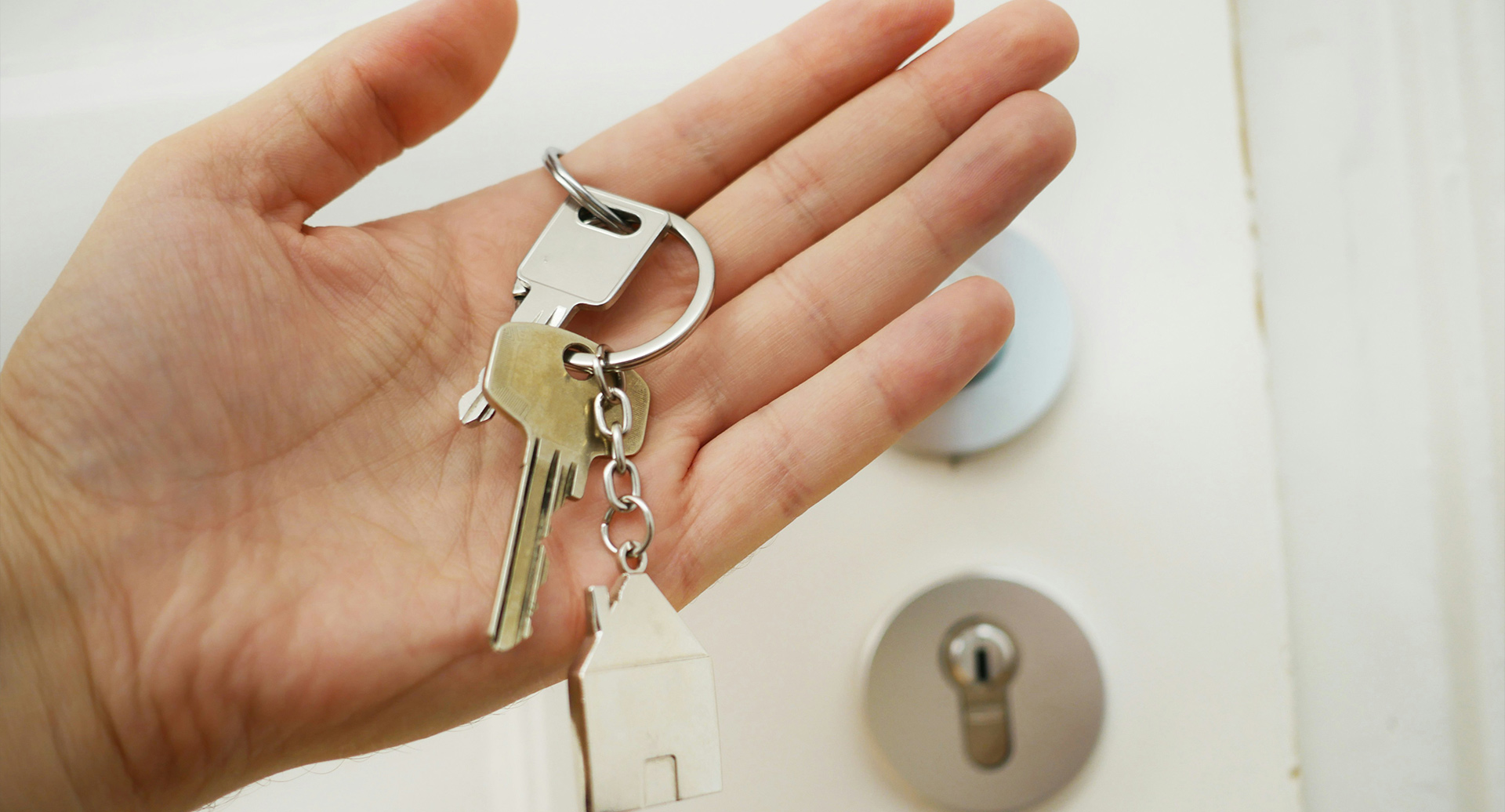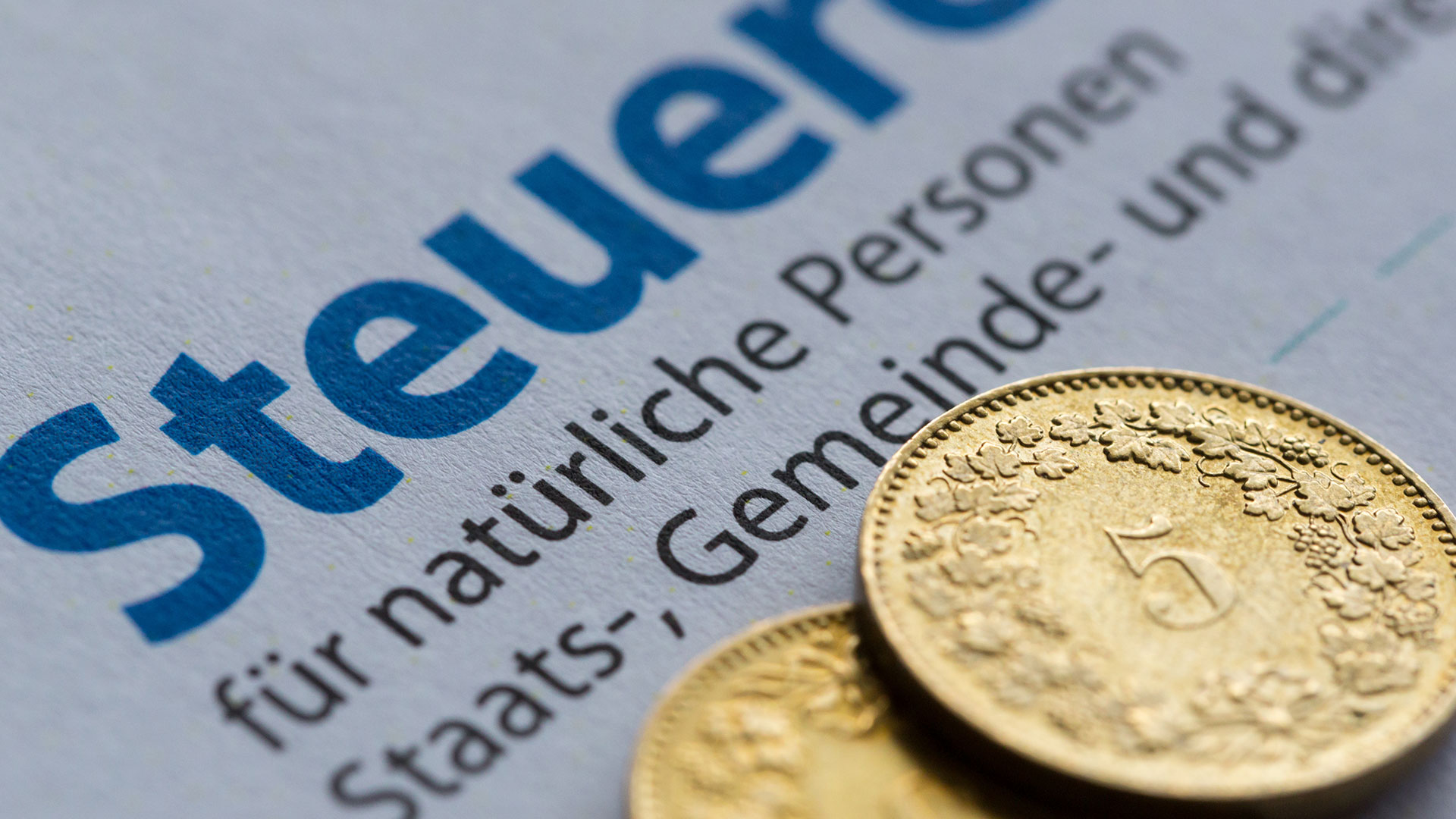We grew up using analogue methods – and you? The expression”digitalisation” is encountered at every twist and turn and its use can only be described as excessive… so now it’s the good old tax return.
Tax Returns in times gone by…
A Father – bent over Tax Return Forms, surrounded by heaps of paper on a rainy Sunday – and as the day progresses, various saints are called upon for help – in ever increasing volume. Finally, after putting a certain number in the wrong box twice, the relaxed sunday family feel is definitely out the window. And on Monday, having made copies of each page of tax return at 20 cents a piece at the local copyshop, the envelope is sealed and dropped off at the post office.
Tax Returns in 2030
At the end of January you will find a friendly message from your tax administration in your e-mail account, informing you, that this year’s tax return has gone online. You will then be politely invited to complete any missing data or make appropriate corrections – because the tax return is mostly prefilled with corresponding information from the previous year, such as your employment revenue, all bank account details, bonds, shares, securities positions, medical expenses, etc. Regular deductions are also correctly listed, as is the tax value of your property. You lean back comfortably on your sofa with your tablet in one, three charity donation receipts in the other. You log on to your e-tax account and reviewing the already recorded data, you make a small correction to the professional expense deductions, then proceed to photograph the three donation receipts with your mobile phone, you upload it and you are ready. Utopia? or not?
The tax administration has last year’s data as well as your property value already in the database. And your employer simply sends details of your wages by way of electronic payroll reporting, not only to the swiss compensation fund and compulsory accident insurers, as is standard practice today, but also directly to the tax authorities. Your banks have additionally forwarded all relevant account statements and e-tax lists directly to the tax administration. As you can see, in most cases there isn’t actually that much more to do and you can lean back, relax and enjoy your Sunday.
So, where do we stand today?
In both cantons Basel-Stadt and Baselland, you can already submit your tax return electronically. Receipts can also be scanned and sent along as PDF files. However, you still have to print out a receipt on paper, put a signature on it and send it by post. Other cantons are a good step ahead of them already, such as Berne and Obwalden and since the beginning of 2020, also Lucerne and St. Gallen. In these cantons, taxpayers log-in to their personal accounts with individualised pin codes, which means that there is no need to submit a signature by post. The whole tax return process is run electronically from A to Z, including the photographing and uploading of receipts.
What are the benefits of digital tax returns for taxpayers and the authorities?
For us as taxpayers, the question is answered quickly: much less effort, with the use of modern tools for tablets and smartphones, no longer following an ABC sequence but a structure according to topics and events, resulting in maybe even a little bit of fun editing the prepared data.
For the tax authorities it is all a matter of ensuring correct assessments as cost-efficiently and automatically as possible. The elimination of scanning physically submitted documents alone can save the tax authorities between 7 and 10 francs per tax return, resulting in savings worth millions, as they already use electronic transfers of all receipts today. It is thus protecting our environment and enabling the tax administration to reduce expenditure.
According to newest reports, various projects are currently being examined in the canton of Basel-Stadt, with the aim of implementing the scenarios described above. The keywords here are e-government, software for mobile applications and the continued expansion of automated assessments. In Baselland, developments are heading in the same direction. Objectives here are, for example, to enable the seamless and uninterrupted transmission of all data, or the setting up of e-tax accounts, where taxpayers are given online access to their tax accounts.
As you can see, the future is not only digital, but hopefully also easier for taxpayers and we fiduciaries, accountants and tax consultants can concentrate on the more complicated cases.
We are here for you in any case – even in a digital future.
June 11, 2020


